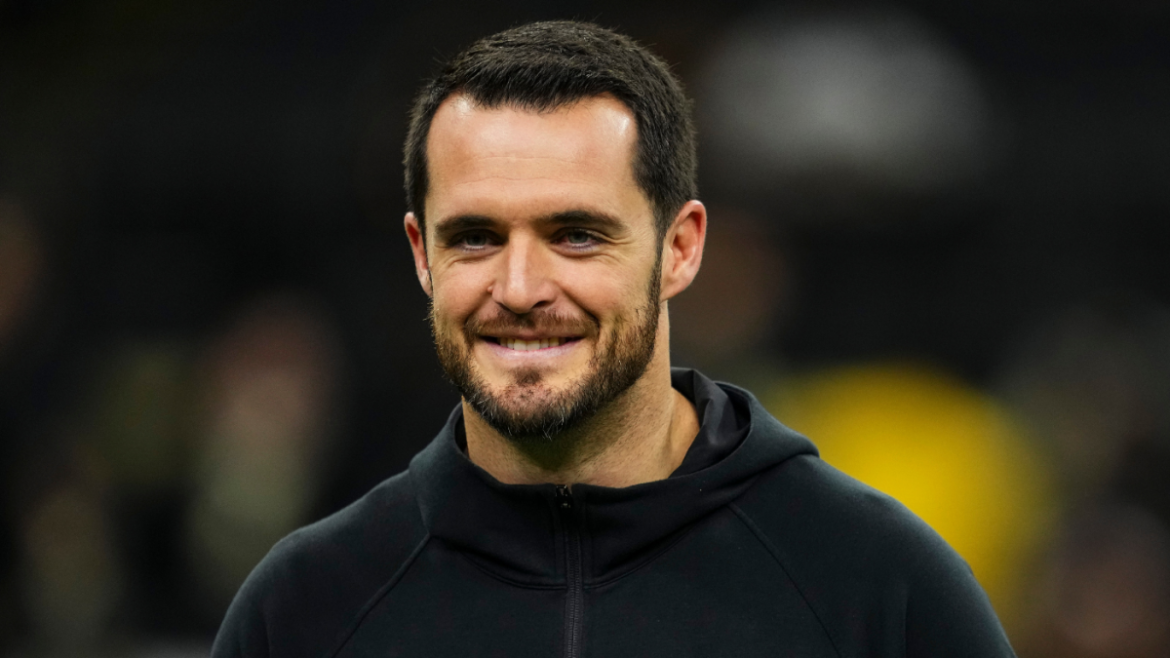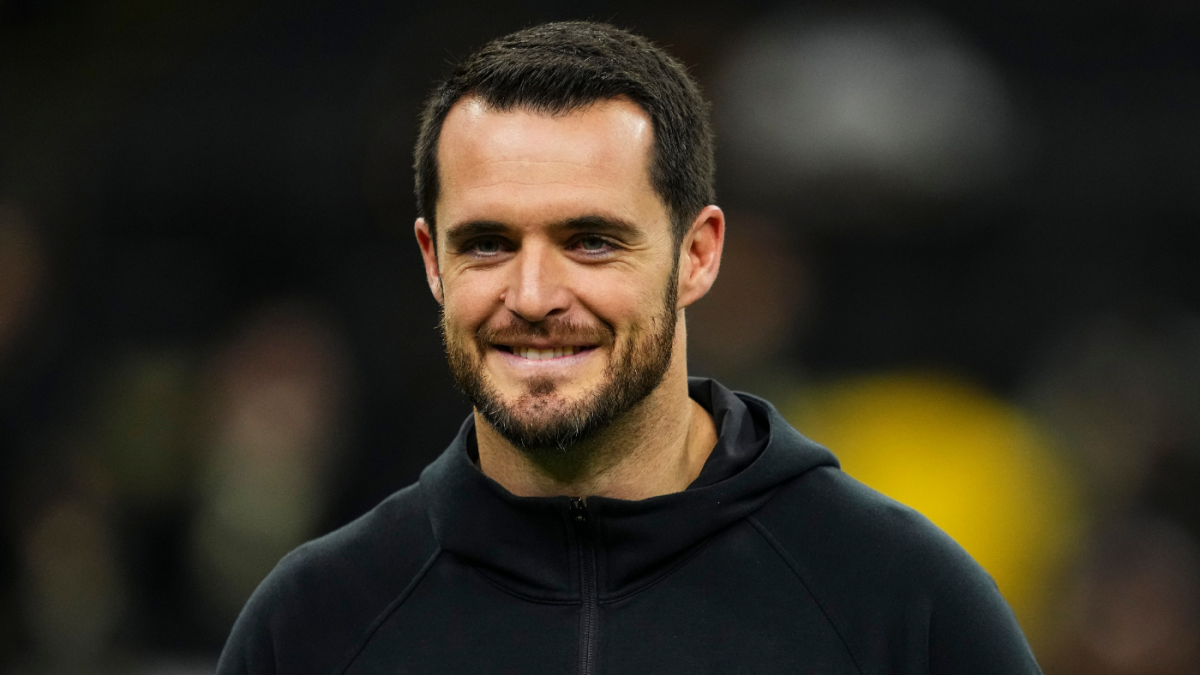Derek Carr’s Retirement: A Detailed Exploration of His Decision and Impact
The sudden retirement of Derek Carr, former quarterback of the New Orleans Saints and previously with the Las Vegas Raiders, has sparked widespread discussion and analysis across sports media and fan communities. Carr’s decision to retire at the age of 34, especially with a significant guaranteed salary on the table, highlights deep considerations that go beyond money and career length in the NFL. Examining the reasons behind his retirement, the financial implications, and the broader context sheds light on this major move in professional football.
—
The Injury That Changed Everything
At the core of Derek Carr’s retirement is a physical setback—a right shoulder injury diagnosed as a labral tear combined with degenerative issues. This injury, according to reports, necessitated surgery that could have sidelined him for the entire 2025 season. Faced with the prospect of a long and uncertain recovery process, Carr chose to step away from the game rather than pursue surgery and endure a year-long absence.
This decision underscores a critical dilemma many athletes face: weighing long-term health over short-term career continuation. In Carr’s case, the nature of the injury and the prognosis apparently diminished his appetite for a surgical fix that would not only halt his current playing but potentially jeopardize his post-football quality of life.
—
Turning Down $30 Million: An Uncommon Act of Integrity?
A particularly striking aspect of Carr’s retirement is his choice to forgo $30 million in guaranteed money from the Saints for the 2025 season. In the business side of the NFL, guaranteed contracts are rarely overlooked, especially by a player of Carr’s caliber who had amassed over $195 million in salary throughout his 11-year career.
Carr’s stated reasoning to David Rumsey of FrontOfficeSports.com was quite candid: he “didn’t want to have surgery and just sit there and … just take the Saints’ money.” This attitude presents Carr as prioritizing respect for the team and the sport over personal financial gain. By returning the guaranteed salary, he alleviated a substantial cap burden on the Saints, who face a dead cap hit of $14.5 million in 2025 and $35.7 million in 2026 nonetheless but saved them from the full brunt of the contract.
His decision is often framed as one of principle in a sport where contract disputes and hardball negotiations are common. It reveals a conscientious approach to retirement that challenges the stereotype of athletes chasing every last dollar regardless of circumstance.
—
Financial and Team Implications
From the Saints’ perspective, Carr’s retirement reduces future financial obligations. While a dead cap hit remains for the next two seasons, the Saints avoid paying the full guaranteed $30 million for a player who would have been sidelined all year. Additionally, Carr retains a $10 million bonus from the current season, indicating some negotiation balance.
For New Orleans, managing the cap space freed up by Carr’s retirement offers more flexibility to rebuild or reinforce other key positions, especially since the quarterback position now shifts to younger or new talent. The Saints’ front office apparently supported Carr in exploring options before finalizing retirement, signaling mutual respect and pragmatism.
—
The Personal Side: Beyond the Numbers
Carr’s retirement decision is not purely transactional. He has reportedly cited a desire not to “sit and take the Saints’ money,” which hints at a personal assessment of what it means to be an active player. Sitting out a season due to injury presents mental and emotional challenges distinct from the physical ones. For a competitive athlete used to performing, being sidelined can be a frustrating and demoralizing experience.
Furthermore, Carr’s amassed wealth from his NFL career—over $195 million in salary—likely afforded him the freedom to retire without financial stress. This scenario is a reminder of how wealth and career longevity influence retirement timing and decisions in professional sports.
—
Legacy and Public Perception
Public and fan reaction to Carr’s retirement has been mixed but often respectful. Some praise his integrity and refusal to collect money he did not “earn” on the field, framing it as a commendable stance of character. Others debate his impact on the Saints and whether his early exit leaves the team vulnerable.
His choice has also spurred conversations about athlete health, contract structures, and the culture of retirement in the NFL. Carr’s handling of the situation might serve as a reference point for future players facing similar crossroads between injury, obligation, and personal principles.
—
Conclusion: Derek Carr’s Retirement as a Reflection of Sports, Integrity, and Health Realities
Derek Carr’s decision to retire early, rooted in a significant shoulder injury, and his choice to relinquish a substantial guaranteed salary, paints a complex picture of a professional athlete navigating the vulnerabilities and practicalities of sports careers. It reveals the intricate interplay between physical health, financial ethics, personal values, and professional respect.
In an environment often dominated by financial considerations and career longevity pressures, Carr’s announcement and subsequent actions stand out. They provide a nuanced case study in how athletes can prioritize their well-being while exhibiting respect to their teams and the game itself, potentially influencing future professional sports retirements and contract negotiations.





